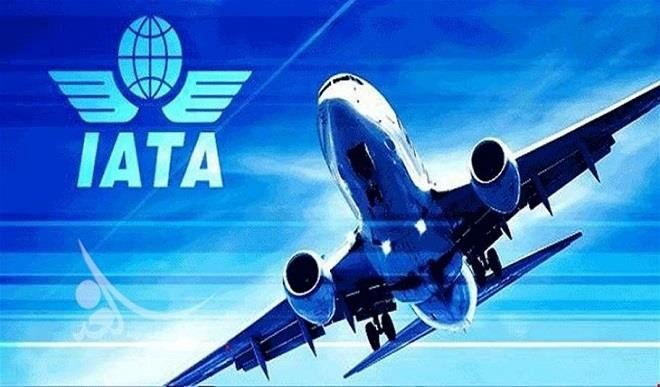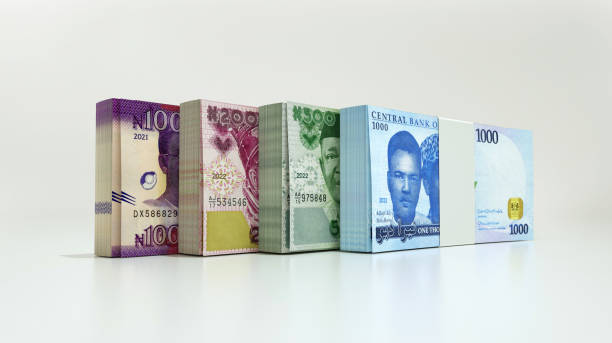FOREIGN airlines’ funds trapped in Nigeria has risen to $143.8m, the International Air Transport Association has said.
Join our WhatsApp ChannelThe IATA said approximately $963m in airline funds are being blocked from repatriation in nearly 20 countries.
According to the association, four countries: Bangladesh ($146.1 million), Lebanon ($175.5 million), Nigeria ($143.8 million), and Zimbabwe ($142.7 million), account for over 60% of the total.
The association added that there had been positive progress in reducing blocked funds in Bangladesh and Zimbabwe of late.
The IATA urged governments to abide by international agreements and treaty obligations to enable airlines to repatriate close to nearly $1bn in blocked funds from the sale of tickets, cargo space, and other activities.
Director General of IATA, Willie Walsh said, “Governments are preventing nearly $1bn of airline revenues from being repatriated. This contravenes international conventions and could slow the recovery of travel and tourism in affected markets as the airline industry struggles to recover from the COVID-19 crisis.
“Airlines will not be able to provide reliable connectivity if they cannot rely on local revenues to support operations. That is why it is critical for all governments to prioritise ensuring that funds can be repatriated efficiently. Now is not the time to score an ‘own goal’ by putting vital air connectivity at risk. We encourage governments to work with industry to resolve the issues that are preventing airlines from repatriating funds.”
According to Walsh, repatriating the funds will enable aviation to provide the connectivity needed to sustain jobs and energise economies as they recover from COVID-19.

















Follow Us